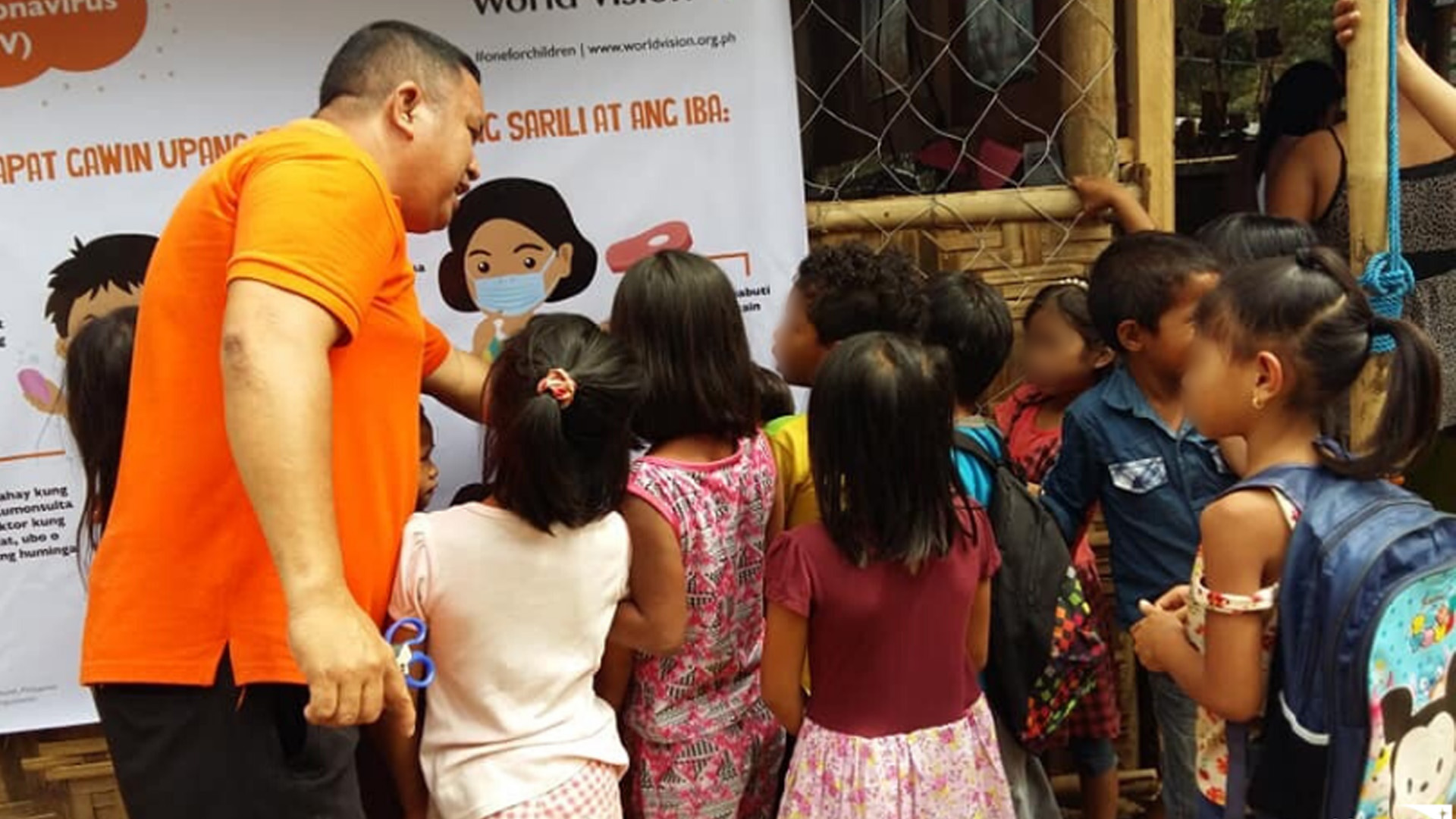The Covid-19 global pandemic declared by the World Health Organization has become what it is — overwhelming and staggering in number of growing cases and deaths worldwide.
As of writing, there are now 1,991,562 confirmed cases and 130,885 deaths globally. In the country, 5,453 cases have been confirmed while 349 deaths were recorded.
We realize these are not just numbers or statistics, but lives of people lost and threatened by the virus, inflicting fear and more uncertainty to our humanity. Reports have also shown that the senior or old-aged patients have become more vulnerable, or so we thought.
Children are not exempted

The health department on March 15 reported the youngest confirmed case of a 13-year old. Although reports show that more deaths are among the elderly, children seem to be less susceptible to the virus, that case only confirmed that children are not spared.
This pandemic now gets to be more alarming and personal, as we could possibly lose our sons and daughters, our little nephews and nieces, and the generation of today from this dreaded outbreak.
Aside from getting the virus, they are also still vulnerable to the impacts of this pandemic — children witness families struggling with government lockdowns that prevent their parents from earning a living. Children may lose a parent or an adult caregiver because of the disease. School closures, home quarantines, and psychological distress add up to the negative effects on children’s emotional, social and physical well-being.
And for a child, this intimidating outbreak more than meets the eye. It has become, for them, everything.
Let us dissect and anticipate how this outbreak impacts the children especially those directly affected and currently living in the most vulnerable and poor conditions. As part of the civil society committed to help the government uplift the lives of the children and the youth especially at this point of our nation’s health crisis, we can only take the road forward investing for the children’s protection and better future.
Health and sanitation

In the many communities we have worked with nationwide through World Vision, we ensure that children and families are protected and informed through intensified awareness and behavior campaigns on proper hand-washing and hygiene practices.
But in the long term, experts also highlight the importance of having a strong immune system in fighting diseases including the new virus COVID-19. We have to be intentional in prioritizing child well-being programs that seek to address the slow decline in prevalence of chronic malnutrition among children zero to five years old, as well as the strengthening efforts to address acute malnutrition. Access to sanitation, hygiene, and safe drinking water, both in development and emergency context is critical for health and nutrition and the reduction of public health risk, especially among children. During disasters and conflict, affected populations are vulnerable to diseases such as cholera, and diarrhea, so Integrated Water, Sanitation, and Hygiene (IWASH) facilities should be key. How can we fight a deadly virus like Covid-19 if many of our schools and poor communities yet have no access to clean drinking water to start with?
Disrupted education

The suspension of classes in Metro Manila and other provinces became a measure to slow down the spread of the virus. Will the children cope studying at home as they are forced to read more to catch up with lessons. Initiatives like World Vision’s “Brigada Pagbasa”, in partnership with The Department of Education (DepEd) and other like-minded groups, promotes the improvement of functional literacy through equitable access to age-appropriate, culture sensitive, and contextualized learning programs. The challenge now for everyone,especially in the education department, is how to ensure that children’s education is not compromised by the class suspensions. This is also a call to parents to maximise this time to cultivate their children’s love for learning. With social media to contend with in the next days of community quarantine, teachers, parents, and the students alike should have more intentional programs virtually to encourage the habit of reading books.
Well-being and protection of children

WHO offered several advice for coping with stress for children in a pandemic. During emergencies, it is common and normal for both adults and children to feel sad, nervous, upset, confused, afraid, or irritable, and that talking to someone trusted like family members or friends will improve their mood. It helps that in dealing with children, one is calm and does not create panic, and is able to provide correct information and explain why the child needs to stay at home, wash hands and observe other safety measures. Likewise, the presence of another adult caregiver or relative that will take care of the children must be ensured.
Children are able to enjoy life in all its fullness when they feel safe, free and comfortable in their environment – when they enjoy good health, when the people they trust are with them, when the things they need are provided, and when they can perform activities normal activities like going to school and playing with friends, without fear or hesitation.
Working and surviving together

Let us continue to work with the national government agencies and local government units in mitigating possible secondary impact of this pandemic to the children. Part of promoting children’s protection is providing children with the right information on how to protect themselves, promotion of best handwashing and hygiene practices and providing psychosocial support to reduce stress, fear and stigma.Our support and cooperation less the panic and the blaming game is what is needed for us to overcome this huge challenge we are confronted with as one humanity. We are one for dear life, one for a healthier and safer tomorrow, one for children!
Photo Source: Facebook/worldvisionph







